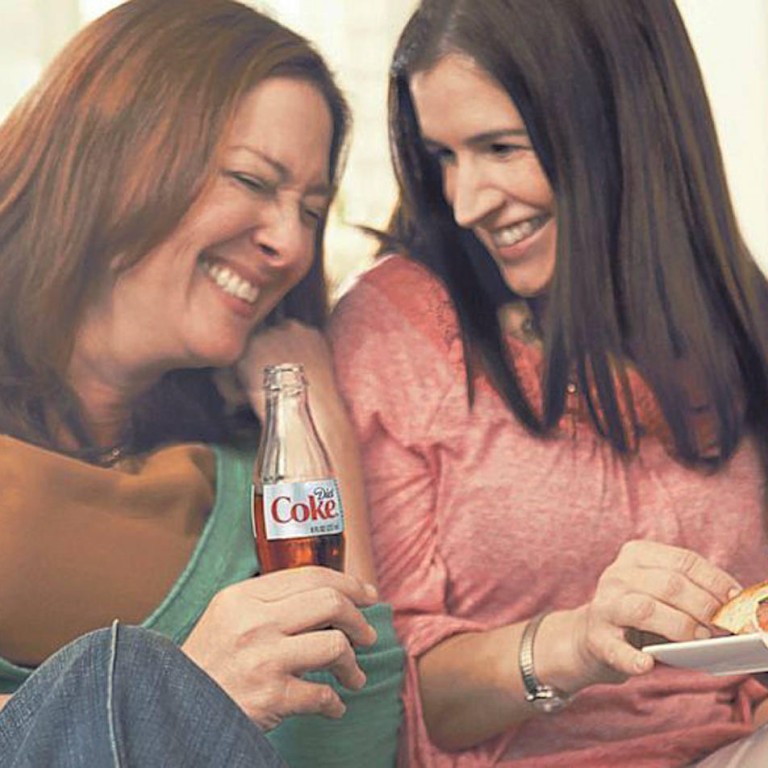
Coca-Cola ads defend diet drinks amid sales decline
US beverage giant's new campaign touts safety of artificial sweeteners amid decline in sales
Faced with falling sales of its diet soft drink, Coca-Cola is taking a radical tack with marketing by running advertisements in the US that, in essence, say their products are safe to consume.
The ads apply to Coke's sugar-free beverages, sweetened with the chemical aspartame.
The print ads show a pair of laughing women, one holding a bottle of diet Coke, alongside text that reads: "Quality products you can always feel good about."
The copy beneath the picture says: "The safety of aspartame is supported by more than 200 studies over the last 40 years."
The soft-drinks industry is facing declining US sales as some blame sugary drinks for fuelling the obesity epidemic in America.
Diet Coke sales fell 3 per cent last year and Coke was down 1 per cent. Meanwhile, sales of Pepsi slid 3.4 per cent and those of Diet Pepsi 6.2 per cent.
Scientists did not agree on whether aspartame, approved in the 1980s, is safe over the long term, said Karen Congro, a nutritionist and director of the Wellness for Life Programme at the Brooklyn Hospital Centre.
"Despite claims from Coke and other companies about the safety of aspartame, we still don't know about its long-term effects," she said. "There is a growing backlash against products with artificial sweeteners and other artificial ingredients."
Congro said recent research showed that dieters who consumed artificial sweeteners could actually end up craving more calories.
"Relying on artificial sweeteners probably causes cravings for sweets and sugar, which can contribute to obesity and poor eating habits," she said. "It's possible that the brain reacts to artificial sweeteners in diet soda and other products by sending out insulin, which can make people hungry - especially for sugar."
The US Food and Drug Administration said aspartame "may be safely used in food … as a sweetening agent and a flavour enhancer".
US consumer group the Centre for Science in the Public Interest, said aspartame had caused cancer in lab animals. Its executive director, Michael Jacobsen, said the more immediate danger was the full-calorie versions of soft drinks and "everyone would be better off drinking water or seltzer water instead".
